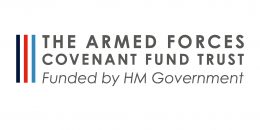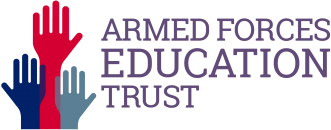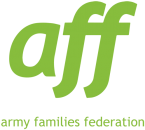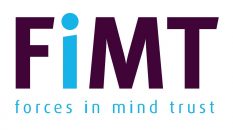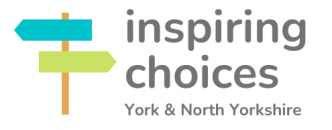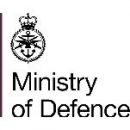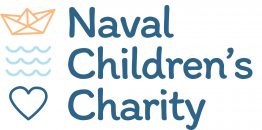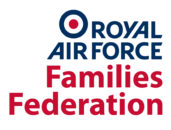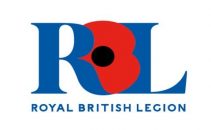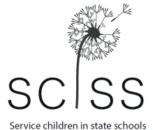Thriving Lives Toolkit Webinar, Session 5: Maximising the Toolkit
Posted in News
The fifth session in the Thriving Lives Toolkit webinar series focused on supporting schools to make the most of the Toolkit, a free self-assessment and development resource designed to improve outcomes for Service children. Hosted by Victoria Fisher, SCiP Alliance Engagement Manager, the session provided a walk-through of new enhancements to the Toolkit and offered insights from schools using it in practice.
Matt Blyton opened the session by introducing the Festival of Friends project, a school improvement initiative built around the Toolkit. The project is designed to be collaborative and peer-led, with schools working together—often supported by local universities—to identify areas for development using the Toolkit’s framework. It places particular emphasis on supporting schools with smaller numbers of Service children, helping them implement evidence-informed strategies, access high-quality CPD from the Toolkit, and engage Service families in meaningful ways. Matt highlighted the power of showcasing progress through celebration events and published case studies, which help sustain momentum and share good practice.

Reg White from Haverfordwest High VC School then shared his school’s journey with the Toolkit. He described an initial reluctance due to the Toolkit’s perceived complexity, but explained how, with support, the school took a step-by-step approach—starting with what they were already doing well and gradually addressing areas for development. This process revealed gaps in data collection and provision, prompting institutional changes such as improved MIS tracking for Service pupils. Reg emphasised the value of senior leadership support and noted that approximately half of the school’s approach to supporting Service children has since changed as a result of completing the Toolkit. New initiatives such as a “Forces Life Club” and wider staff awareness have made a noticeable difference to the school’s culture.
Victoria then demonstrated recent enhancements to the Toolkit, including the ability to build on previous self-assessments rather than start anew each time. She highlighted the 50 case studies drawn from a diverse range of schools across the UK, allowing users to find examples relevant to their context. A key feature now embedded within the Toolkit is the inclusion of example responses at ‘emerging’, ‘developing’, and ‘embedding’ levels for each question. These help guide accurate self-assessment and inspire further development. Additionally, each principle now links directly to CPD materials—including PowerPoint presentations and videos—making it easier for schools to provide in-house training and raise awareness among staff.
Throughout the session, there was an emphasis on flexibility—encouraging schools to begin where it makes most sense for them, often with Principle 1 (Our approach is clear), and to work through the Toolkit in manageable stages. Both Matt and Reg highlighted the importance of using the Toolkit not as a compliance tool, but as a meaningful, reflective framework for improving the experience and outcomes of Service children.
The session concluded with a request for feedback and ideas on promoting the Toolkit more widely, with the SCiP Alliance team welcoming continued engagement and offering ongoing support.


